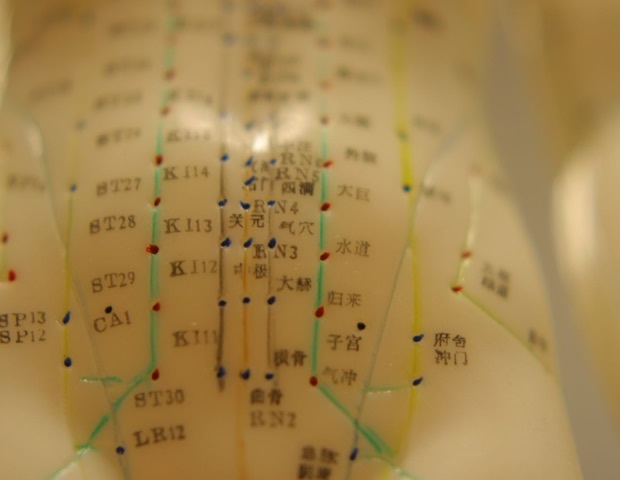
Well-recognized for its therapeutic effects, acupuncture is increasingly being appreciated for its ability to promote wellness and contribute to the prevention of a broad range of conditions. A new study, which demonstrates the promise of acupuncture as a complementary approach in improving psychological and pain symptoms associated with post-traumatic stress disorder (PTSD) following a natural disaster, is published as part of a Special Issue on Acupuncture to Foster Health Promotion and Disease Prevention in Medical Acupuncture, a peer-reviewed journal from by Mary Ann Liebert, Inc., publishers.
The article entitled “An Observational Study on Acupuncture for Earthquake-Related Post-Traumatic Stress Disorder: The Experience of the Lombard Association of Medical Acupuncturists/Acupuncture in the World, in Amatrice, Central Italy” was coauthored by Carlo Moiraghi, MD and Paola Poli, MD, Medical Association of Lombard Acupuncture (Milan, Italy), and Antonio Piscitelli, MD, School of Acupuncture and Traditional Chinese Medicine (Milan, Italy).
The researchers studied the effects of acupuncture on the victims of a 6.0 earthquake that caused nearly 300 deaths and left 30,000 people homeless in Amatrice, Central Italy. The acupuncture effort was led by two medical associations: Lombard Association of Medical Acupuncturists (ALMA) and Acupuncture in the World (AGOM).
Treatments were performed by medical doctors who had at least 3 years of clinical experience with acupuncture. Each subject received four 20-minute acupuncture treatments over consecutive days. Before the acupuncture treatment, more than 68% of the study participants reported having both pain and psychological symptoms that could be associated with PTSD. After the third treatment, both the pain and psychological symptom scores had significantly improved, with no serious adverse effects attributed to the treatment.
Co-Guest Editor Songxuan Zhou Niemtzow, MD (China), a Traditional Chinese Medicine physician in Alexandria, VA, states, “If acupuncture had an alternative name, it could be called ‘prevention,'” in her editorial entitled “Acupuncture: Prevention Workarounds.”
In the editorial “Prevention at the Core of Acupuncture,” Co-Guest Editor Nadia Volf, MD, PhD, Paris XI University (Paris, France) writes “although acupuncture can be a wonderful tool for treating a number of diseases, this therapy can be an even more wonderful tool for preventing them.”













